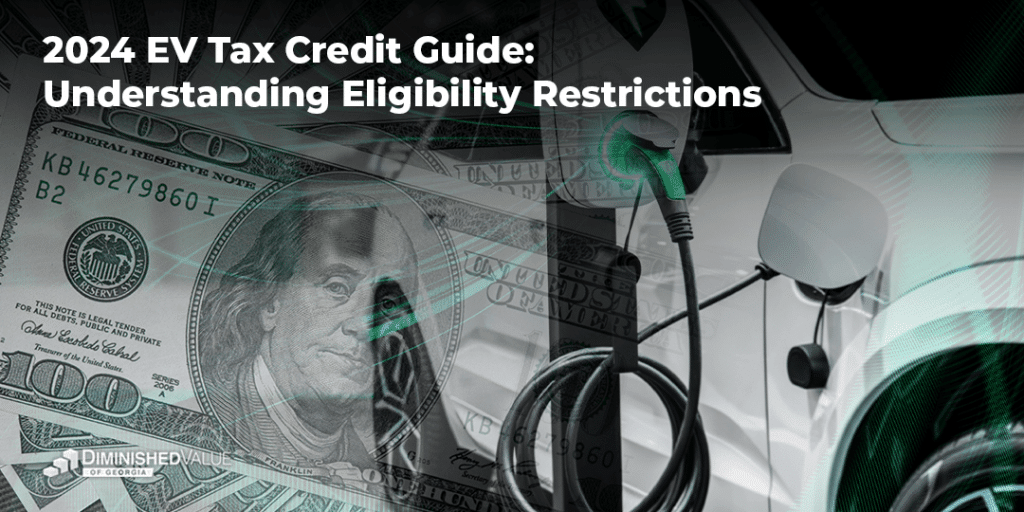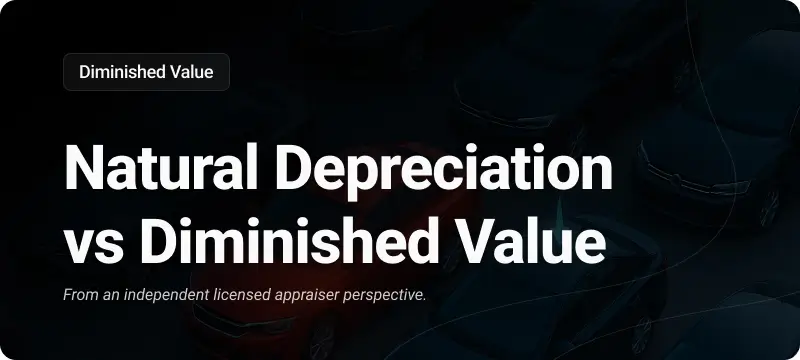Navigating the Changing Landscape of EV Tax Credits: White House Unveils Foreign Entity of Concern Rules
As the electric vehicle (EV) industry continues to surge forward, the Biden administration has recently detailed crucial guidance that could significantly impact the eligibility of EVs for tax credits.
The focus of the guidance revolves around the concept of a “foreign entity of concern,” introducing stricter rules for EVs containing battery materials from countries like China, Iran, North Korea, and Russia.

2024 EV Tax Credit Guide: Understanding Eligibility Restrictions (PDF)
Understanding the Guidelines
Starting January 1, 2024, EVs will be ineligible for a tax credit of up to $7,500 if any of the battery components are made or assembled by a foreign entity of concern. This includes companies or subsidiaries of U.S. companies based in the specified nations.
The exclusion expands in 2025 to cover critical minerals that are extracted, processed, or recycled by these entities.
Defining a Foreign Entity of Concern
The guidelines define a foreign entity of concern as an entity incorporated, headquartered, or performing relevant activities in a covered nation. It also includes companies with at least 25% voting interest, board seats, or equity interests held by the government of a covered nation, regardless of the location of relevant activities.
Additionally, companies operating outside a covered nation that contract with or license technology from a foreign entity of concern but do not retain certain rights over their operations fall under this definition.
Building on Existing Frameworks
The U.S. Treasury Department’s guidance aligns with the Energy Department’s definition, adopted for a $6 billion battery materials processing and manufacturing grant program established in the 2021 infrastructure law. This consistency aims to limit the involvement of foreign adversaries in the U.S. battery supply chain, providing automakers with a clear framework.
Navigating the Supply Chain
Automakers can now examine their supply chains and trace key battery materials to ensure compliance with the new guidelines, which they are required to follow. This step is crucial as automakers invest billions in domestic EV and battery manufacturing and assess their supply chains to meet the eligibility criteria.
Automakers, including Ford, that have licensing agreements involving foreign entities that raise concerns must make critical decisions. The guidelines have an impact on their plans for facilities and partnerships, and can potentially reshape their scaling strategies.
The Energy Department’s proposed definition has a public comment period of 30 days, while Treasury’s additional guidance has a 45-day public comment period. This demonstrates a commitment to transparency and industry input, allowing stakeholders to provide feedback and insights.
Balancing Act
The Treasury and Energy departments faced the challenge of striking a balance between encouraging EV adoption, building a domestic supply chain, and strengthening national security. Stricter rules could impede vehicle eligibility, while lenient interpretations might compromise national security objectives.
Industry Response
The Alliance for Automotive Innovation, representing major automakers, views the guidance as a roadmap for automakers, offering clarity on how the rules will be implemented.
While some uncertainties remain, efforts to make the rules workable indicate that the list of eligible vehicles may not disappear entirely in 2024.
Conclusion
The unveiling of the foreign entity of concern rules marks a significant development in the evolving landscape of EV tax credits. Striking a balance between promoting EV adoption and safeguarding national interests, these guidelines provide automakers with a roadmap to navigate the changing terrain of eligibility restrictions.
As the industry adapts to these rules, a careful examination of supply chains and strategic decisions will be crucial for automakers aiming to secure tax credits for their electric vehicles in the coming years.



